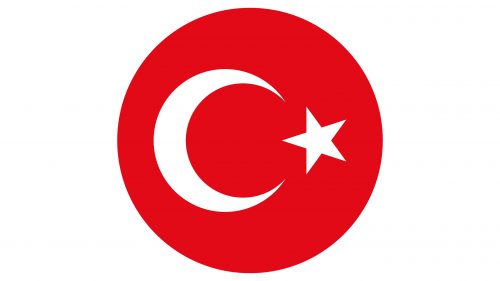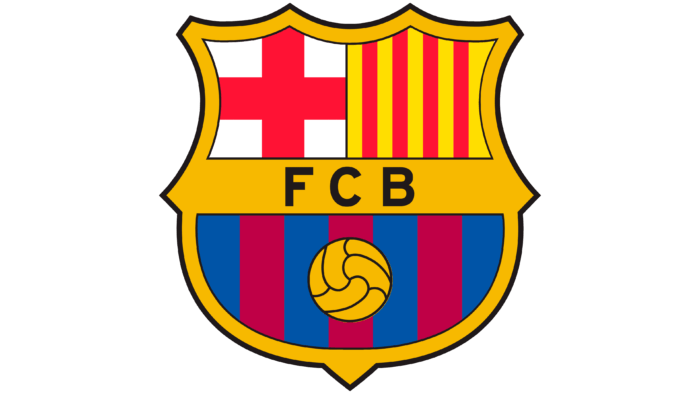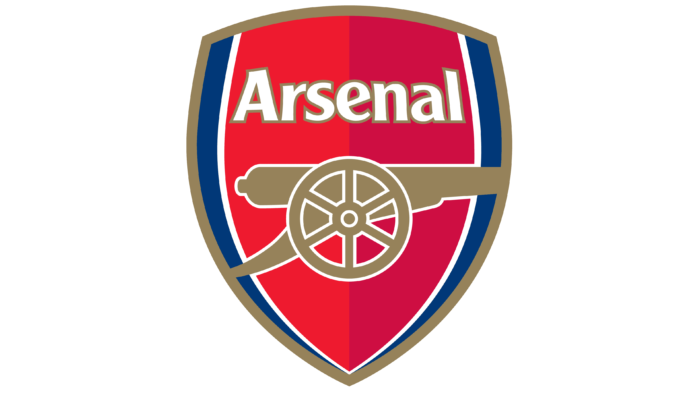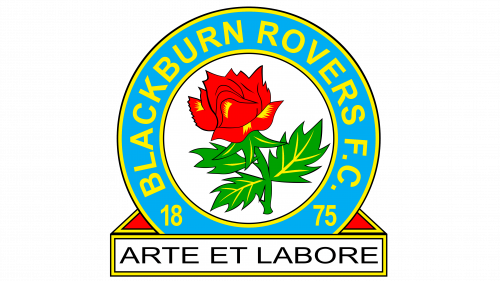 Turkey National Football Team Logo PNG
Turkey National Football Team Logo PNG
The Turkey National Football Team logo reflects the team’s steadfast beliefs and aspirations. For them, football is more than a game; it represents the values of the Muslim world and their country on the global stage. Both sporting and patriotic sentiments drive the players.
Turkey National Football Team: Brand overview
The Turkish national football team’s story is rich with highs, lows, and passionate moments, stretching over nearly a century of international competition.
Turkish football’s journey began in the 1920s, shortly after the founding of the Turkish Republic. The team played its first official match in 1923, drawing 2-2 against Romania. A year later, they participated in the Paris Olympic Games. Through the 1930s and 1940s, Turkey engaged in friendly matches with European teams, struggling to substantially impact the international stage.
In 1950, Turkey entered the World Cup for the first time but didn’t advance past the group stage. However, 1954 saw a historic 7-0 victory over South Korea. This era brought forth notable players like Lefter Küçükandonyadis and Metin Oktay. The 1960s saw Turkey clinch bronze medals three times in the Mediterranean Games.
The 1970s and 1980s were challenging decades. The team consistently fell short in qualifying for major international tournaments, coming close in the Euro 1984 qualifiers but losing the decisive match to Romania. During this time, Fatih Terim established himself as a key figure within the team.
A significant turning point came in 1990 when Fatih Terim became the head coach. Under his leadership, Turkey qualified for Euro 1996 in England, marking their first appearance in a major tournament. Though they did not advance past the group stage, their performance showed promise.
Turkey’s football achievements pinnacle came at the 2002 World Cup in Japan and South Korea. Led by stars like Hakan Şükür, Hasan Şaş, and Rüştü Reçber, the team secured the bronze medal, defeating South Korea in the third-place match. This success was followed by a third-place finish at the 2003 Confederations Cup.
In Euro 2000, Turkey reached the quarterfinals but was knocked out by Portugal. At Euro 2008, they amazed the football world by advancing to the semifinals. In a dramatic quarterfinal, they triumphed over Croatia in extra time but fell to Germany 2-3 in the semifinals.
The 2010s proved less fruitful. The team failed to qualify for the 2010 World Cup, Euro 2012, the 2014 World Cup, and the 2018 World Cup. Their performance at Euro 2016 was disappointing, earning just one point in the group stage. In 2019, Şenol Güneş, who had led the team to their 2002 World Cup success, returned as head coach.
Under Güneş, Turkey qualified for Euro 2020, winning seven of their ten qualifying matches. However, the tournament was disappointing, with the team losing all three group matches and scoring only one goal while conceding eight. Following this, Güneş stepped down, and Stefan Kuntz took over as head coach.
The Turkish national team is renowned for its passionate fans and attacking style of play. Throughout its history, Turkey has produced world-class talents like Hakan Şükür, Arda Turan, Hasan Şaş, and Burak Yılmaz. Despite the absence of major titles, the Turkish team has always fought valiantly and left a memorable mark on international tournaments.
Meaning and History
What is the Turkey National Football Team?
The Turkey National Football Team represents Turkey in international football competitions. Managed by the Turkish Football Federation (TFF), the team is known for its passionate and dynamic style of play. Turkey has participated in numerous major tournaments, including the FIFA World Cup and UEFA European Championship, earning respect for their competitive spirit and memorable performances. The team has produced many skilled players who have significantly impacted domestic and international football. With a dedicated and enthusiastic fan base, the Turkey National Football Team continues to strive for excellence and aims to achieve greater success on the global stage.
The team’s emblem is circular, evoking the image of a ball. Inside the circle, on a red background, are a white star and crescent. These images and colors are national symbols featured on the Turkish flag.
The Sultans of the Ottoman Empire adopted the crescent and star as the official state symbols. As Muslims, the Ottomans naturally associated with Islam.
The modern Turkish flag signifies continuity, embracing the strength and glory of the great empire. Red represents martyrs’ blood, while white symbolizes light, purity, and progress.
The logo reflects the Turkish people’s deep respect for Islam as a fundamental value, and this respect is evident even in the realm of sports.



